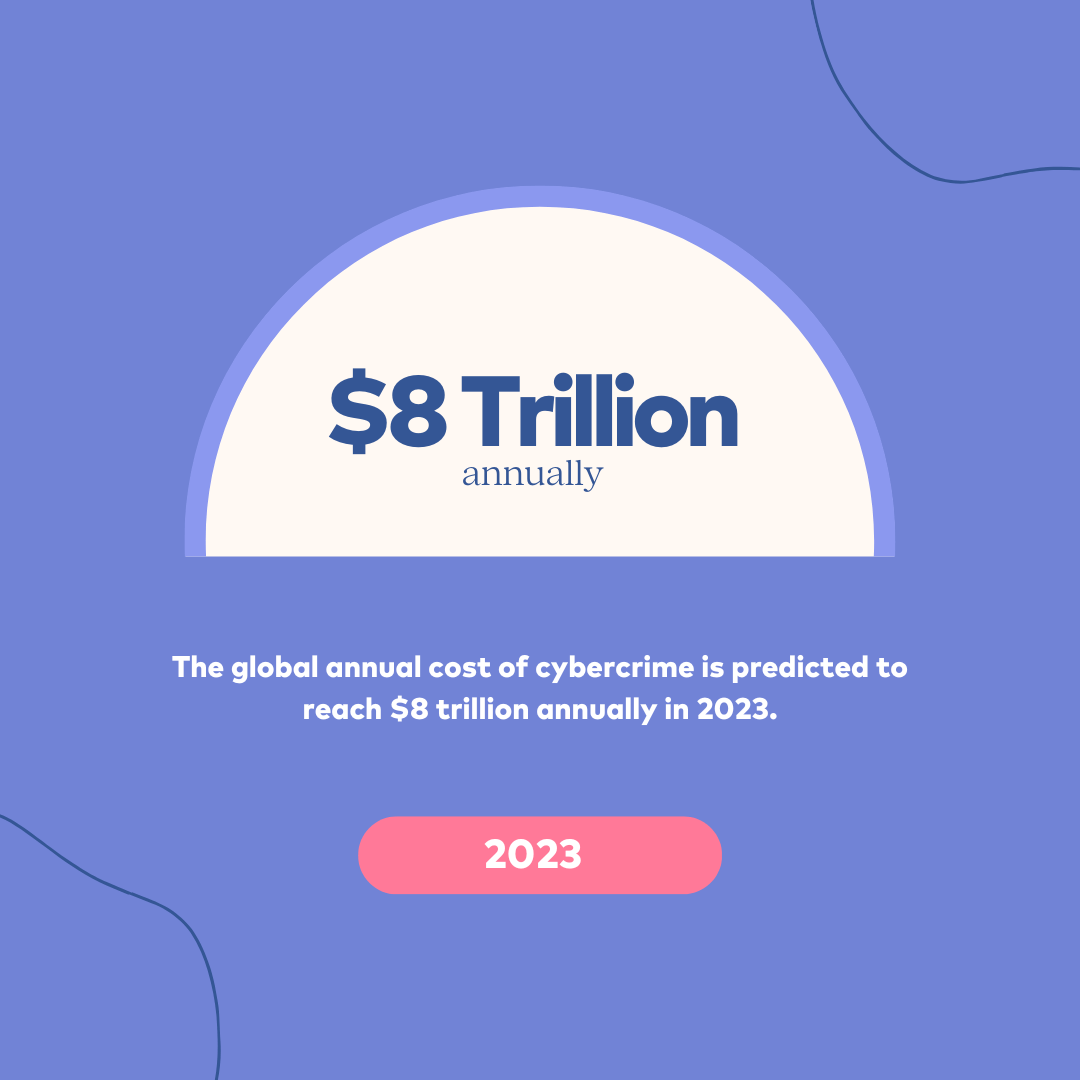According to MicroStrategy CEO Michael Saylor, the potential of Bitcoin in battling cybersecurity risks is brought on by artificial intelligence (AI). He suggested creating a public-private key system stored on the Bitcoin layer to establish integrity in cyberspace and stop the spread of phony online identities.
Additionally, Saylor highlights how Bitcoin’s decentralized blockchain offers cryptographic security solutions that enhance data protection and privacy. Saylor discusses MicroStrategy’s involvement in the Lightning and Orange projects, emphasizing cutting-edge blockchain-based applications.
Michael Saylor points to Bitcoin’s role in combating cybersecurity risks caused by AI
Reputable businessman Michael Saylor recently had an in-depth conversation with Michelle Makori about essential cybersecurity issues. They looked at the rising dangers posed by artificial intelligence (AI). Additionally, the capacity of cryptographic defenses developed on top of Bitcoin.
Michael Saylor clarified the moral consequences of using Ordinals and Inscriptions. They also discussed the innovative Lightning and Orange projects that MicroStrategy is working on.
According to the co-founder of MicroStrategy, Bitcoin could aid in thwarting the rising cybersecurity risks brought on by AI. He argued that the ease with which fake identities can be created online poses a serious threat since it makes it possible to disseminate false information that can trigger actual conflicts.
He claimed that developing a Nostr-like public-private key would be the best way to establish cyberspace integrity. He stated that these keys would be permanently and irreversibly recorded on the Bitcoin layer.
These keys can connect an identity and its owner’s social media profiles. Saylor thinks that with the help of this approach, the number of phony accounts will substantially decline.
Bitcoin’s Cryptographic Security Solutions
Saylor mentioned in the conversation the possibilities of Bitcoin-based cryptographic security solutions. The immutable nature and explicit, open transactions of blockchain technology, the underlying structure of Bitcoin, are highly regarded.
It provides a safe and decentralized architecture where data can be confidently stored and validated. Blockchain-based solutions thus offer a suitable defense mechanism against cybersecurity threats AI brings.
Michael Saylor, a leader in the institutional adoption of Bitcoin, stressed the currency’s function as an asset. However, it also recognized its potential as a vital cryptography instrument. He described how the immutable, transparent, and decentralized features of the Bitcoin blockchain may be used. This ultimately improves data security and privacy.
Saylor highlighted Bitcoin’s function as an asset as a pioneer of its institutional adoption. It acknowledged its potential as a powerful cryptographic instrument, nevertheless. He described how the Bitcoin blockchain’s decentralized, open, and unchangeable characteristics could be used. In the end, this improves data privacy and security.
Will Ordinals improve Bitcoin adoption?
Michael Saylor believes that Ordinals will increase Bitcoin adoption by promoting application development. Saylor made the case that limiting such progress might make it more difficult for people to accept Bitcoin and have a detrimental effect on its mining network.
According to crypto asset management company Grayscale, the leading digital asset ecosystem has received increased attention because of Ordinals. The company stated that Ordinals are one of the greatest prospects for Bitcoin adoption.

According to Dune Analytics, nearly 10 million inscriptions have been made on the blockchain network, earning miners over $40 million. Although it has received harsh criticism from several BTC core developers, it has increased BTC network activity to record levels.
Michael Saylor concluded by outlining the ongoing Lightning and Orange development efforts being made by MicroStrategy. These endeavors align with MicroStrategy, even though the interview didn’t go into extensive depth. MicroStrategy has long been a leader in the adoption of Bitcoin by businesses. They are now concentrating on developing cutting-edge services and apps built on blockchain technology.
According to data from Astra, the FBI’s internet crime records indicate that at least 422 million people were affected by cybercrime, and 800,944 complaints were filed in 2022. In 2023, around 33 billion accounts will be compromised, with a cost estimate of $ 8 trillion. According to Michael Saylor, DeFi stands to solve problems CeFi hasn’t solved in decades.

DeFi: Revolutionizing traditional finance’s challenges through innovative solutions
The emergence of decentralized finance (DeFi) and the rising recognition that traditional finance (TradFi) is no longer functional have caused a seismic change in the financial industry during the past several years.
The foundation of traditional finance, or TradFi, is a centralized network of financial institutions and middlemen. Although this system has been helpful to us for a long time, it has several fundamental weaknesses that have just come to light.
Bitcoin’s decentralized network is spread across numerous nodes globally. This distribution makes it resilient against single points of failure and significantly reduces the risk of system-wide cyber attacks or infrastructure failures. Even if some nodes go offline or become compromised, the network as a whole continues to operate securely.
Bitcoin transactions utilize strong cryptographic protocols, ensuring the integrity and security of financial transfers. The use of public and private key pairs enhances authentication and protects sensitive data. This cryptographic security makes it challenging for cyber criminals to intercept or forge transactions.





